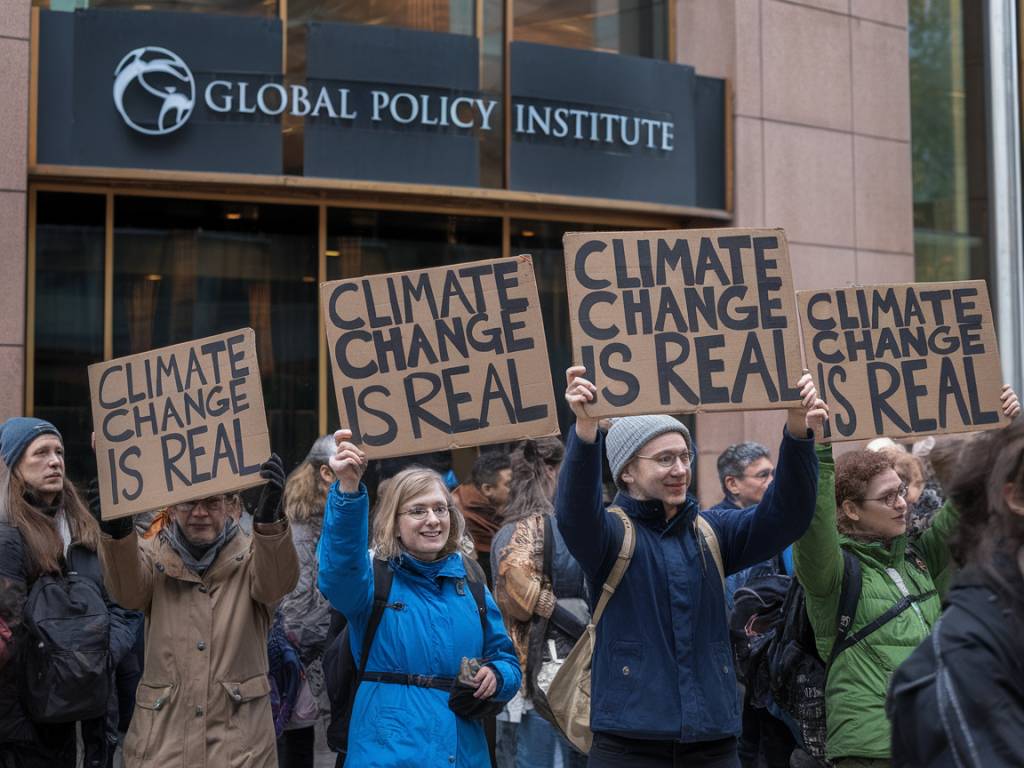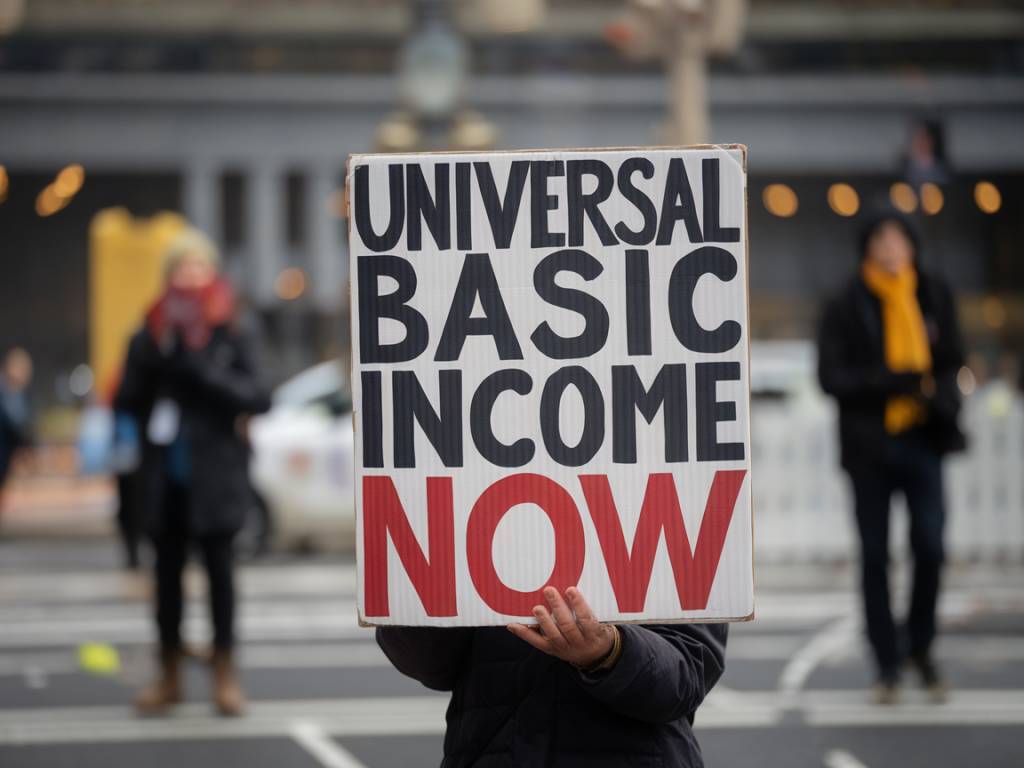The Growing Impact of Climate Change Activism on Global Policies
From youth-led protests to high-stakes political negotiations, climate activism has become a powerful force shaping global policies. What started as grassroots movements has evolved into an unstoppable wave of public pressure, compelling governments, corporations, and institutions to take concrete action. But how exactly is climate activism influencing decision-making at the highest levels? And what does this mean for the future?
From the Streets to Policy Chambers
The rise of activism—whether through organizations like Extinction Rebellion, school strikes initiated by Greta Thunberg, or Indigenous-led environmental movements—has changed the way climate change is discussed. Public demonstrations, global summits, and digital activism have created a new expectation: leaders must act, and inaction comes at a political cost.
This shift has been especially evident in key international agreements. The 2015 Paris Agreement saw stronger commitments than previous climate treaties, largely due to widespread public demand for action. More recently, climate activists played a crucial role in pushing for bolder policies at COP26 and COP27, forcing countries to acknowledge the urgency of cutting emissions.
The Political Domino Effect
Political leaders are more pressured than ever to incorporate climate goals into their agendas, often due to voter expectations. Green policies are no longer niche concerns but central components of election campaigns. Countries such as Germany, Canada, and New Zealand have implemented ambitious climate laws in response to public mobilization. Meanwhile, the European Union has adopted policies such as the Green Deal, which aims for carbon neutrality by 2050.
In the U.S., the Inflation Reduction Act (IRA) includes the largest climate investment in American history, a shift that climate advocates consider a direct result of sustained public pressure. Similarly, in the UK, climate activists have influenced the government’s decision to ban the sale of new petrol and diesel vehicles by 2035.
Corporate Accountability and Economic Repercussions
Activism isn’t just changing government policies—it’s also shaking up the corporate world. Shareholders and consumers are demanding action, forcing businesses to rethink their environmental impact. Investors are increasingly scrutinizing companies’ sustainability commitments, leading to significant shifts in corporate policies.
For example:
- Major fossil fuel companies like BP and Shell have been compelled to commit to net-zero targets amid activist-fueled pressure.
- Fashion industry giants, including H&M and Zara, have pledged to reduce waste and improve supply chain transparency.
- Tech companies are leading sustainability initiatives, with firms like Apple and Google investing heavily in renewable energy.
The rise of ESG (Environmental, Social, and Governance) investing further underscores how public sentiment is reshaping business priorities. Companies that fail to adapt risk losing both credibility and market value.
The Legal and Judicial Front
Beyond protests and policy influence, climate change activism has entered the courtroom. Activists and advocacy groups have increasingly turned to legal action to hold governments and corporations accountable.
Notable cases include:
- The landmark Urgenda case in the Netherlands, where the Supreme Court ruled that the government must take stronger climate action to protect human rights.
- A lawsuit in Germany that forced the government to revise its climate laws after young activists argued that weak policies violated their constitutional rights.
- Legal challenges against oil companies for misleading the public about the environmental impact of their operations.
These lawsuits not only set legal precedents but also create tangible incentives for more aggressive climate action.
The Backlash and Challenges Ahead
Despite significant progress, climate activists face growing opposition. Fossil fuel lobbies, political pushback, and accusations of economic disruption continue to challenge climate policy implementation. Some governments have responded with stricter laws against disruptive protests, while others have weakened environmental regulations under economic or geopolitical pressures.
Moreover, while activism has led to historic commitments, implementation remains a key issue. The gap between pledges and actual policy execution raises concerns about whether governments and corporations will meet their targets.
A Future Shaped by Activism
The influence of climate activism is undeniable. From shaping international agreements to influencing laws, business strategies, and court rulings, activists are not just demanding change—they are driving it. While challenges persist, the sustained momentum of climate movements suggests that policymaking will continue to evolve under the weight of public pressure.
So, will activism continue to push the global agenda forward? If history is any indicator, the answer is a resounding yes.







